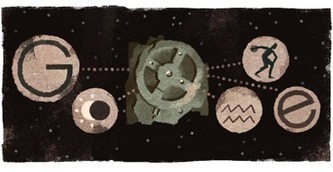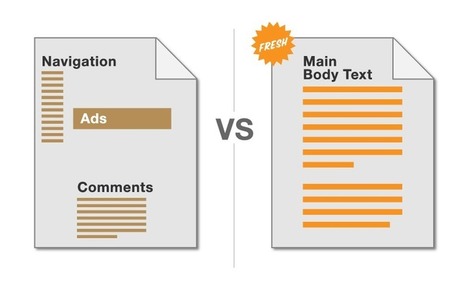Using Google seems straightforward enough. You enter in a search, and in return, Google gives you a list of web pages that help you find what you’re looking for. Right?
Wrong. In 2016, 85% of Google searches contained significant additional elements beyond just a list of web pages, including bright, bold, click-attracting features that take up some of the most valuable real estate on the results page.
Collectively, these features are known as "universal search." If you and your brand are only doing SEO for the standard "10 blue links" that comprise the web pages, you’re losing out. Currently, the universal search portfolio has more than 10 different features, including the knowledge graph, image bars, quick answer boxes, local packs and video snippets.
Let’s look at three of the most common examples — and how you can leverage them for your brand.The Knowledge Graph
The knowledge graph is a box filled with information that sits prominently at the top of the right side of the search results page. It appeared in 19.19% of total desktop searches, and 20.83% of mobile queries in 2016. Google pulls in information for the knowledge graph from several places across the web. There a few ways for brands to influence that information:...



 Your new post is loading...
Your new post is loading...










As Google continues to update its search engine results pages, companies need to adjust their SEO to be found online.